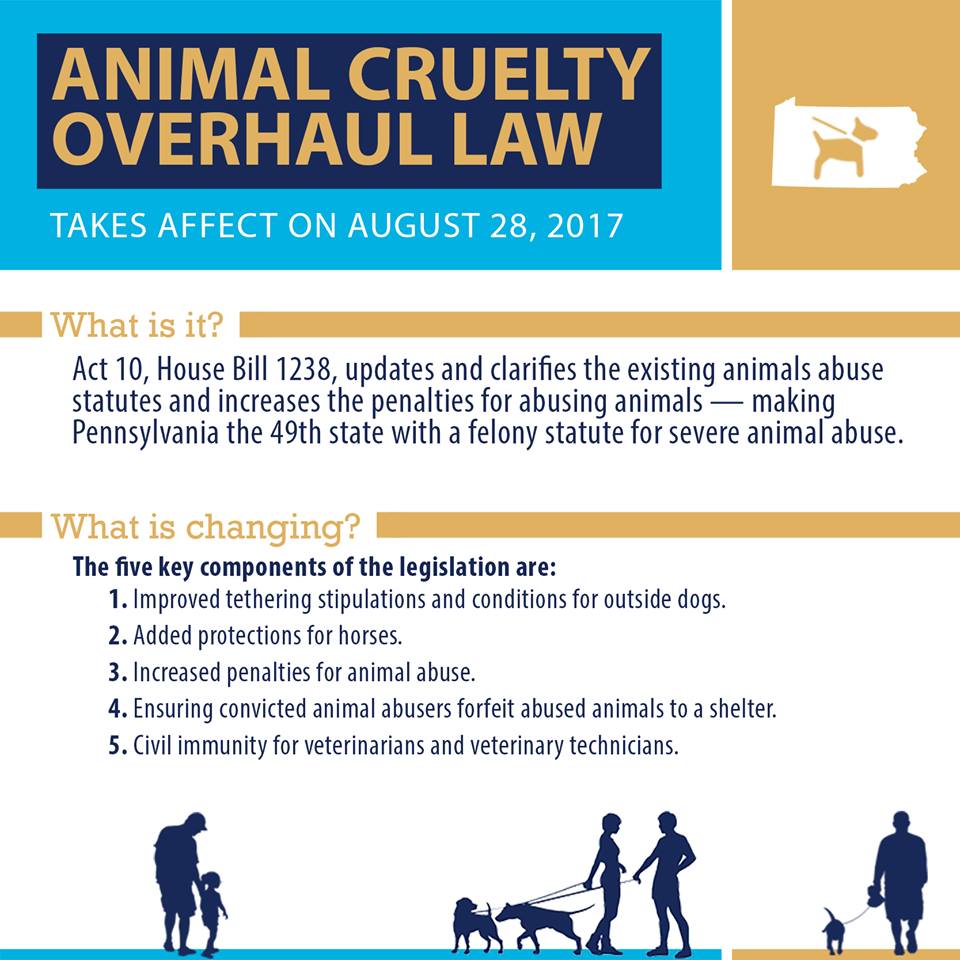Animal cruelty is a perennial concern in society, eliciting emotional responses and ethical deliberations regarding the treatment of our pets. As the dialogue surrounding animal rights evolves, many pet owners find themselves asking a crucial question: Can you sue for animal cruelty on behalf of your beloved companion? Understanding the legal landscape governing this issue is paramount. In the United States, various laws and regulations create a framework for protecting animals, delineating the rights of both humans and the pets they cherish.
First and foremost, it is essential to delineate what constitutes animal cruelty. Generally, animal cruelty refers to the intentional infliction of suffering or harm upon an animal, whether through acts of violence, neglect, or deprivation of reasonable care. The laws encompassing these definitions can vary significantly from state to state. Some jurisdictions categorize animal cruelty as a misdemeanor, while others elevate it to a felony, depending on the severity of the act and the harm inflicted. This variability can play a pivotal role when considering legal recourse.
In the United States, the legal framework supporting animal welfare primarily rests on state statutes. Most states have enacted anti-cruelty laws that afford some level of protection to pets and domesticated animals. Nonetheless, the scope of these laws, including enforcement mechanisms, fluctuates immensely. For instance, in states like California, the animal cruelty statutes are quite robust, allowing individuals to initiate a civil suit against perpetrators for damages sustained by their pets. Conversely, states with less stringent laws may provide limited avenues for action, complicating matters for dedicated animal advocates.
When contemplating the possibility of suing for animal cruelty, it is vital to understand the distinction between civil and criminal suits. Criminal law applies to offenses against the state; thus, it is typically the responsibility of state or local authorities to prosecute cases of animal cruelty. These entities can impose penalties such as fines, community service, or even imprisonment for offenders. On the other hand, civil lawsuits enable individuals—including pet owners—to seek restitution for damages incurred as a result of animal cruelty. This restitution might encompass veterinary bills, compensation for pain and suffering, or even the value of the animal if it has been wrongfully taken or harmed.
Moreover, there exists a growing trend towards recognizing animals as sentient beings deserving of legal protection. Some legal frameworks are beginning to acknowledge the notion that pets are not merely property but entities with intrinsic value. This shift has important implications for lawsuits involving animal cruelty. In certain jurisdictions, pet owners may be entitled to recover damages based on the emotional bond they share with their pets, reflecting a nuanced understanding of the human-animal relationship. This emerging perspective represents a gradual transformation in how the law perceives and protects animals.
Yet, pursuing a lawsuit on behalf of a pet can be fraught with challenges. One significant hurdle is the requirement of evidence. Beyond demonstrating the occurrence of cruelty, plaintiffs must also establish that their animal suffered harm directly attributable to the defendant’s actions. This burden of proof can be daunting. Veterinary records, eyewitness testimonies, and photographic evidence may all play crucial roles in substantiating claims. Additionally, it is not uncommon for defendants to mount vigorous defenses, potentially prolonging the litigation process and complicating the pursuit of justice.
Another aspect to consider is the financial implications of suing for animal cruelty. Legal fees, court costs, and other expenses can accumulate rapidly, posing a considerable barrier for many pet owners. While small claims courts may offer a more accessible venue for litigation without exorbitant costs, the potential for recovery in such courts is often limited. Adequate legal counsel can provide invaluable guidance, helping navigate the nuances of state-specific laws and available avenues for recourse.
In light of these complexities, advocacy plays a crucial role in effecting change. Grassroots organizations and animal welfare societies work tirelessly to raise awareness about animal cruelty and enforce existing laws. Their efforts not only help to protect animals but also contribute to the broader societal shift towards treating pets with dignity and respect. Community involvement can amplify the voice of those advocating for animal rights, furthering the cause and inspiring individuals to take action.
Moreover, awareness is a powerful tool in combating animal cruelty. Education about responsible pet ownership and the signs of abuse can empower individuals to intervene when they witness questionable behavior. Social media and public campaigns promote vigilance and solidarity among pet owners, fostering a culture that encourages reporting suspected cruelty. Activism can influence legislative changes as well, leading to the introduction and passage of stronger animal protection laws across various states.
Ultimately, while the question of whether one can sue for animal cruelty on behalf of a pet is inherently complex, progress is being made in the legal spheres. As society increasingly recognizes the profound connections between humans and their animals, the legal infrastructure must adapt to reflect these relationships. Comprehensive legal protection for animals not only enhances their well-being but also promotes a paradigm shift towards empathy and compassion for all living beings.
In conclusion, navigating the intricacies of animal cruelty law requires a multifaceted approach. Pet owners contemplating legal action should be prepared for potential challenges while simultaneously leveraging the resources available to them. Community engagement, education, and advocacy can play instrumental roles in ensuring that our pets receive the protection they deserve, ultimately fostering a more humane society for all creatures.








